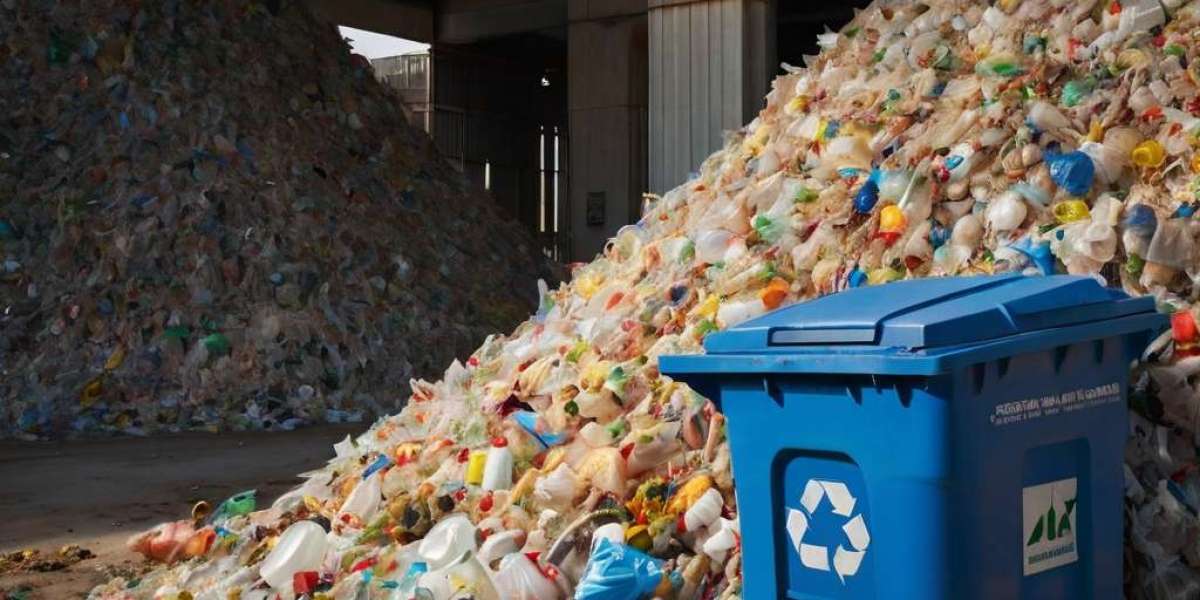As the world grapples with the growing plastic waste crisis, the year 2024 presents a wealth of opportunities in plastic waste management. With increased awareness of environmental issues, innovative technologies, and supportive regulatory frameworks, businesses and communities are uniquely positioned to tackle plastic waste effectively while reaping economic benefits. Here, we explore some key opportunities that lie ahead in this vital sector.
1. Technological Innovation
One of the most promising opportunities in plastic waste management is the rise of technological innovation. Advances in recycling technologies, such as chemical recycling, pyrolysis, and bioplastics, are transforming how we handle plastic waste. Chemical recycling, for example, allows for the breakdown of plastics into their original monomers, enabling the production of high-quality recycled materials. This technology not only improves recycling rates but also enhances the quality of recycled plastics, making them more desirable for manufacturers.
Additionally, artificial intelligence (AI) and machine learning are revolutionizing waste sorting processes. AI-powered systems can identify and separate different types of plastics more efficiently than traditional methods, reducing contamination rates and increasing recycling efficiency. Companies that invest in these technologies can streamline their operations, lower costs, and contribute to a more sustainable future.
2. Circular Economy Initiatives
The shift towards a circular economy presents significant opportunities for businesses focused on plastic waste management. By designing products with end-of-life considerations in mind, companies can create items that are easier to recycle and repurpose. This approach not only minimizes waste but also fosters innovation in product development. For example, brands that use recycled materials in their packaging can appeal to environmentally conscious consumers and differentiate themselves in a competitive market.
Moreover, companies that establish take-back programs or participate in product stewardship initiatives can engage customers and encourage responsible disposal practices. As consumers increasingly seek sustainable options, businesses that embrace circular economy principles will likely see increased customer loyalty and brand reputation.
3. Regulatory Support and Collaboration
Governments around the globe are enacting stricter regulations aimed at reducing plastic waste, creating a supportive environment for innovation in waste management. These regulations often include incentives for businesses to adopt sustainable practices, such as tax breaks for recycling initiatives or grants for research and development in waste management technologies.
Collaboration between private and public sectors can further enhance the effectiveness of plastic waste management strategies. Partnerships between local governments and waste management companies can lead to improved collection and sorting systems, while collaborations with NGOs can help raise awareness and educate the public about responsible plastic use.
4. Consumer Demand for Sustainability
As consumer awareness of environmental issues grows, so does the demand for sustainable products and practices. In 2024, businesses that prioritize sustainability in their operations will find a receptive market. Consumers are increasingly choosing brands that demonstrate a commitment to reducing plastic waste and are willing to pay a premium for eco-friendly products.
By aligning their business models with consumer expectations, companies can tap into a lucrative market segment while contributing positively to the environment. Transparent communication about sustainability efforts can enhance brand loyalty and attract a new customer base dedicated to supporting responsible businesses.
